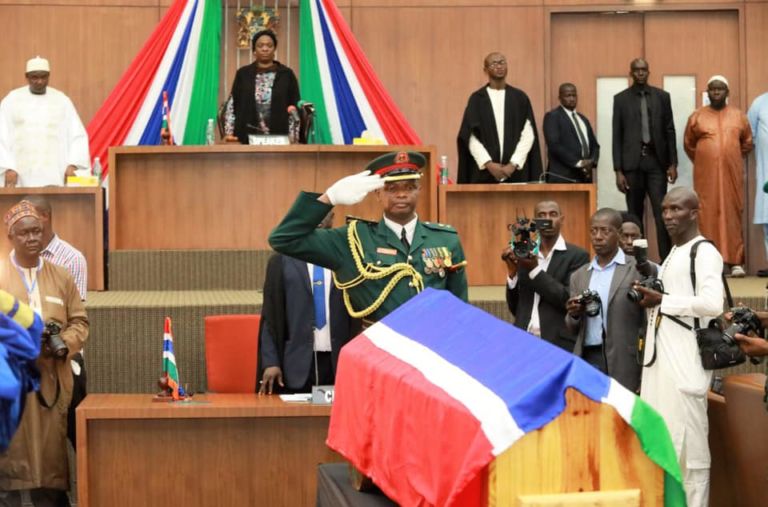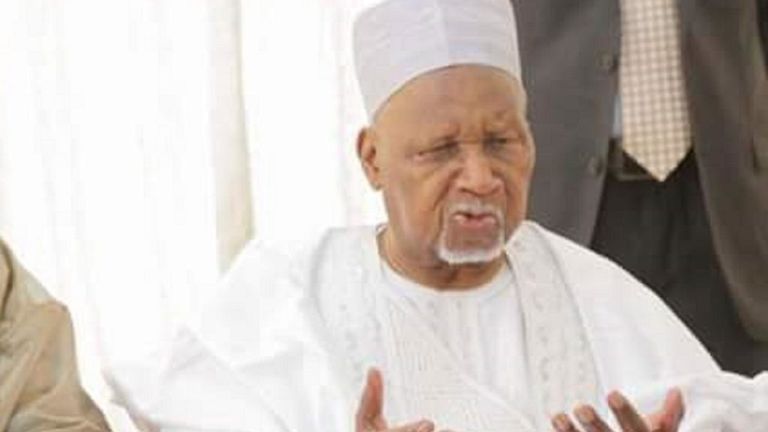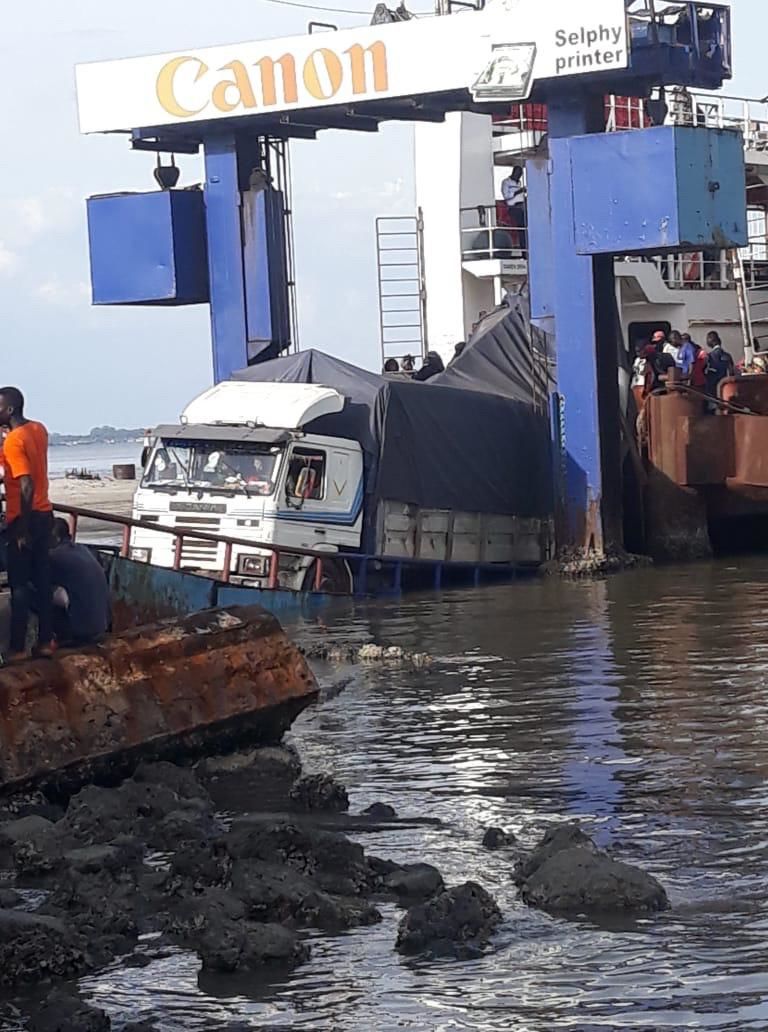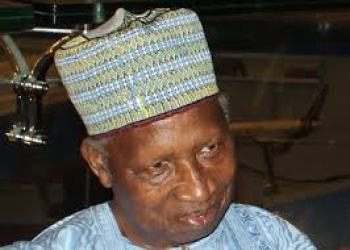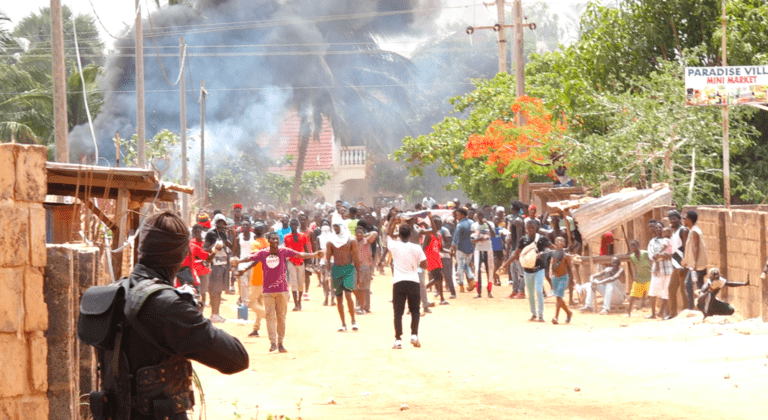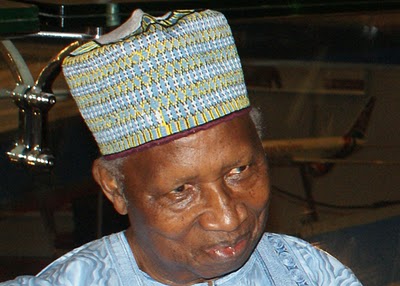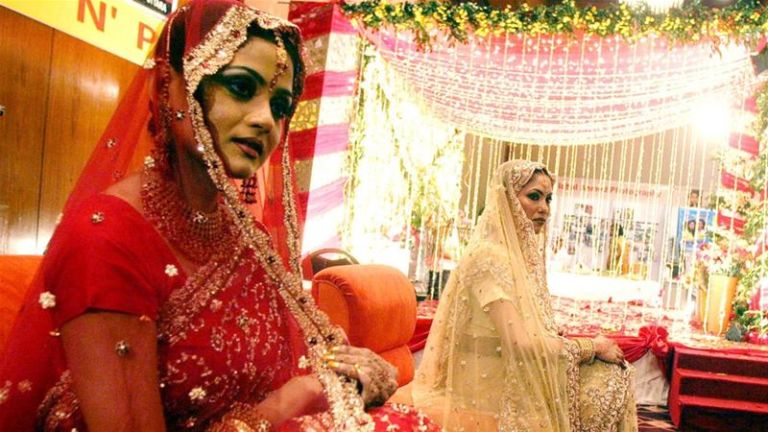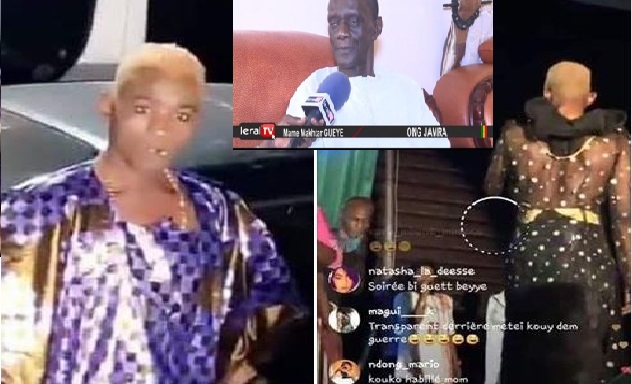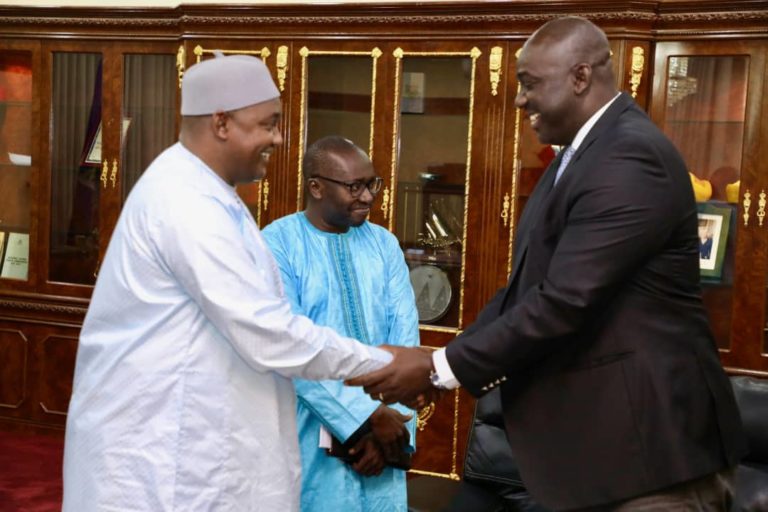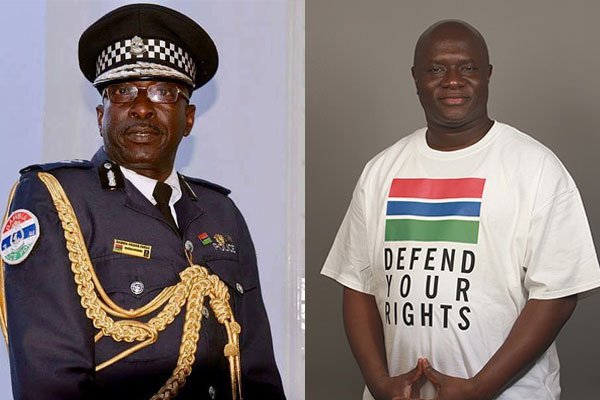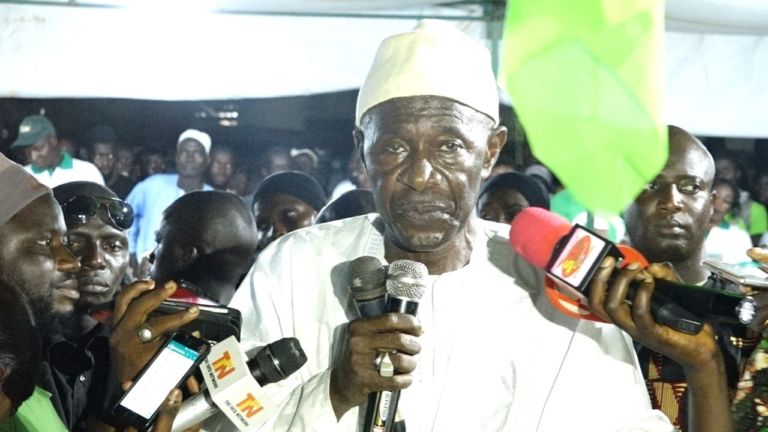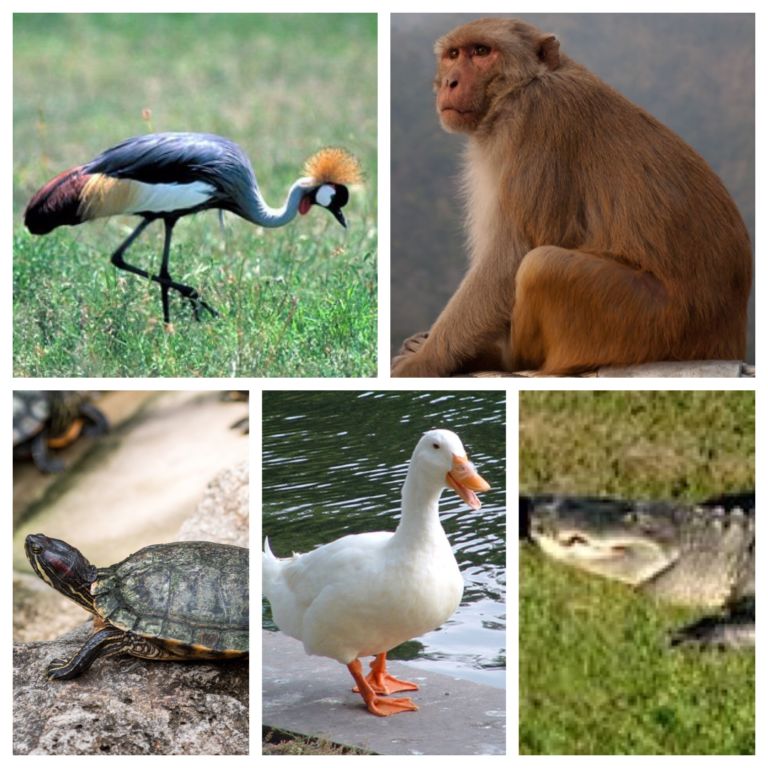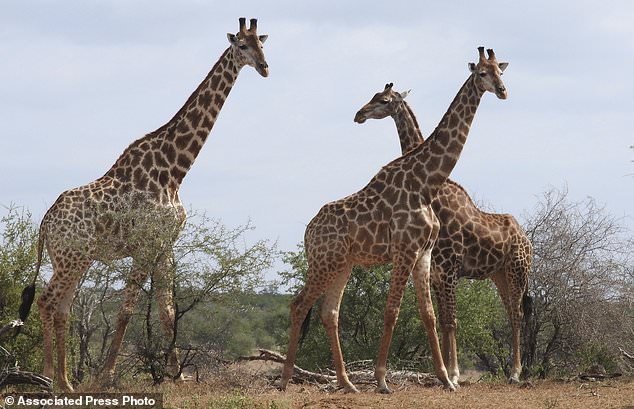“It is only when people are at peace with themselves that they can share it with their neighbours. One can certainly not give what one doesn’t have. One has to have peace to be able to give peace. One has to have a democratic spirit in order to live democracy”
This is what Sir Dawda Kairaba Jawara believed. In reflecting on the Second Imperialist War aka WWII, the first president of the Gambia Sir Dawda Kairaba Jawara said in his autobiography, Kairaba,
“I can never claim it was easy to sow democracy. People criticised me for having been too democratic, too soft and too ready to listen to the other side and to weigh their stories and their concerns. They castigated me, saying that a leader ought to be decisive. The chief has the last say. I insisted that power must be guided by law and society must be governed by conscience. Democracy is a culture that has to be learnt.”
He noted that this lesson will come handy in many of his political encounters in the course of his political life. Sir Dawda Kairaba Jawara GCMG was the quintessential statesman, a true democrat and an unshakable believer in human rights. He said it and he practised it. Therefore, if the Gambia is to honour and celebrate Kairaba, it is not just to hold a state funeral and lower flags and run radio and television programs and display social media posts about him. That is not enough.
What should be done is to live, in practice the ideals and ideas that Kairaba believed and practiced. The life of this man has great lessons for not only our leaders in and outside of Government but also for each and every ordinary citizen of the Gambia. Jawara was a man of peace and freedom and he cherished these values until death. Do you believe in peace and freedom? Gambians need to ask themselves that question and honestly answer where we stand.
Jawara could have declared the Gambia a one-party state from the very beginning of the nation very simply because he had people around him who told him that he could and should. But the man resisted when he could have easily succumbed and turn the Gambia into a police state as was the case in many African countries in the 1970s and 80s until today. He rather chose to be tolerant and to allow dissenting opinion to prevail even if he felt offended. For example, he noted that in 1962,
“Even when I moved into the Prime Minister’s Residence at Number 1 Marina Parade, I could hear slander directed at us through the loudspeakers screaming through the night from three hundred metres away at Sam Jack Terrace or a little further away at Albion Place. Most of it was fallacious diatribe about my being of the lineage of leather smiths and too low in social rank to run government. It was also the irrational cause of arrogance among certain elements within the PPP who saw their chiefly lineage as their right to office and leadership in the party, no matter how crude their vision and unlearned methods.”
If it was some other leader Jawara could have clamped down on those people and dump them in prison. Very easily. But not only did Jawara strongly believed in democracy but in practice he also upheld the independence of the judiciary, respect for the rule of law and sanctity of life.
Another example; after the 1981 insurgency many Gambians were arrested and detained suspected of being conspirators with Kukoie Samba Sanyang and his band of insurgents. Among those arrested was the late NCP Leader Sheriff Mustapha Dibba who was the leading opposition figure against Jawara. While in Mile 2 the courts declared that Sheriff Dibba could still contest the 1982 presidential elections even in jail and this was how Jawara received that news.
“Indeed, we considered it of great credit to our government that Sheriff Dibba was able to contest the 1982 presidential election while he was still in detention. We were in effect grooming a civilised culture of governance and jurisprudence that allowed Dibba to walk out of prison a free man, after the public prosecutors failed to connect him beyond all reasonable doubt to aiding and abetting the coup leaders”
Most leaders would have rather concocted charges against Dibba and make the courts sentence him to life imprisonment or even death. In fact, Jawara himself acknowledged in his book that many people at home and abroad had thought that he would deviate from his traditional stance on human rights in dealing the alleged conspirations. But he did not. He allowed conscience and his believe in democracy to prevail.
In fact, following that 1981 insurgency Jawara noted that many of his party officials blamed the incident on too much political freedoms and argued that the incident was the opportune moment to introduce a one-party system of governance. But he said, fortunately most of them believed in democracy and vowed not have dictatorship in the Gambia. Jawara had a vision of democracy and was committed to ensure that democracy prevailed in the Gambia. He demonstrated this belief while campaigning for a Republican status in 1970,
“In my Kombo constituency I drove the message home to the people that a one-party state was the antithesis of democracy, and to establish such a thing would be courting the sort of troubles that existed in certain other states. I told them: ‘In this country, democracy is the watchword!”
In the draft 1970 constitution that he promoted he ensured that fundamental rights and freedoms were guaranteed, the judiciary is independent and there is clear separation of powers and adequate checks and balances such that the Executive is answerable to the Parliament and to the Courts and the decisions and actions of the Parliament could be challenged in the Courts.
Furthermore, it was because of his strong belief in human rights that Jawara accepted to host a meeting to review and approve the draft African Charter on Human and Peoples Rights in 1980. It was for this reason that this regional human rights instrument is nicknamed the Banjul Charter after it was adopted by the OAU (now AU) summit in Nairobi, Kenya in 1981 and then came into force on 21 October 1986. Without doubt Jawara again went ahead to offer the Gambia as the host of the Africa Commission on Human and Peoples Rights hence making the Gambia the human rights capital of Africa.
This is the vision of Jawara over the decades. What do we believe as Gambians of today?
In the first place our Government led by Adama Barrow does not believe in democracy and human rights unreservedly as they speak with two tongues when they speak about democracy and human rights. In one tongue they acknowledge fundamental rights and freedoms but, in another tongue, they do not only threaten citizens, but they also deny citizens their rights.
For example, not only does the police deny citizens the right to freedom of assembly but they also subject citizens to arbitrary arrest and impose on them trumped up charges before the courts. Not long ago not only were 15 Gambians unlawfully arrested and imposed with frivolous charges, but they were also subjected to harassment by making them report daily to a police station for weeks before dropping the charges. Why would a government that claims commitment to democracy unlawfully arrest citizens in the first place?
Today we also see the Government of Adama Barrow arrest and charge 36 people with the same multiple charges as if all of those people committed the same crimes. How can 36 people be charged for unlawful assembly when hundreds of others also took part in that same so-called unlawful assembly? Why not arrest the rest also? How could a person be charged with arson when he was not present at the scene of the arson?
If this Government, through its President and Minster of Information and Spokesman truly believes in Jawara and they are honest in their utterances to that effect then how come this same Government is threatening and ridiculing Gambians when they criticize them. Not long ago this Government issued a directive to its embassies around the world complaining about diaspora Gambians’ influence at home. Are diaspora Gambians not citizens who have the same right to express their opinions about issues at home? Why should any Government be concerned about that if that Government truly believes in democracy?
Above all why has this Government refused to repeal and reform all draconian laws such as the Public Order Act and multiple anti-democratic provisions in the Newspaper Act, Criminal Code, the Information and Communications Act, the Official Secrets Act as well as the NIA and Police acts? Until today this Government has failed to create new laws to further expand human rights such as a freedom of information law, whistleblowing law as well as anti-corruption law. How democratic is a government that fails to do these?
What about the political parties and their leaders? Do they truly believe in democracy when they refuse to build and enhance internal party democracy? It is not enough to hold congresses, rallies and create youth and women wings and hold press conferences incessantly when in fact their leadership remains unchanged while internal processes are controlled and limited thus stifling popular participation within the party. If our parties and their leaders wish to honour and celebrate Jawara then they must begin modernising and democratising their party instruments to introduce democratic processes and practices that will enhance internal governance.
What about you and me, the citizen? Do we truly believe in the vision and ideals of Jawara? If we do why insult fellow citizens just because you hold divergent and dissenting views? Why aid and abet poor leadership, bad governance and political patronage just because it is for or against the Government or your party or its leader? Why do we fail to hold our political parties and leaders accountable as we hold the Government accountable?
Jawara believed in democracy and human rights. When he speaks, he speaks with humility and dignity. He does not insult, nor does he threaten. He does not hold that he was infallible and the only person to have the final say. He considers the ideas and concerns of others and seeks to accommodate them. Do you practice these democratic norms and standards?
I beg, do not use the demise of Sir Dawda Kairaba Jawara to legitimise yourself when you do not believe in the vision and ideals of the Kairaba! Let’s be honest to ourselves!
For the Gambia Our Homeland

